How dangerous are pigeon droppings?
Review of flagship Scottish hospital launched following death of child patient from infection linked to bird excrement
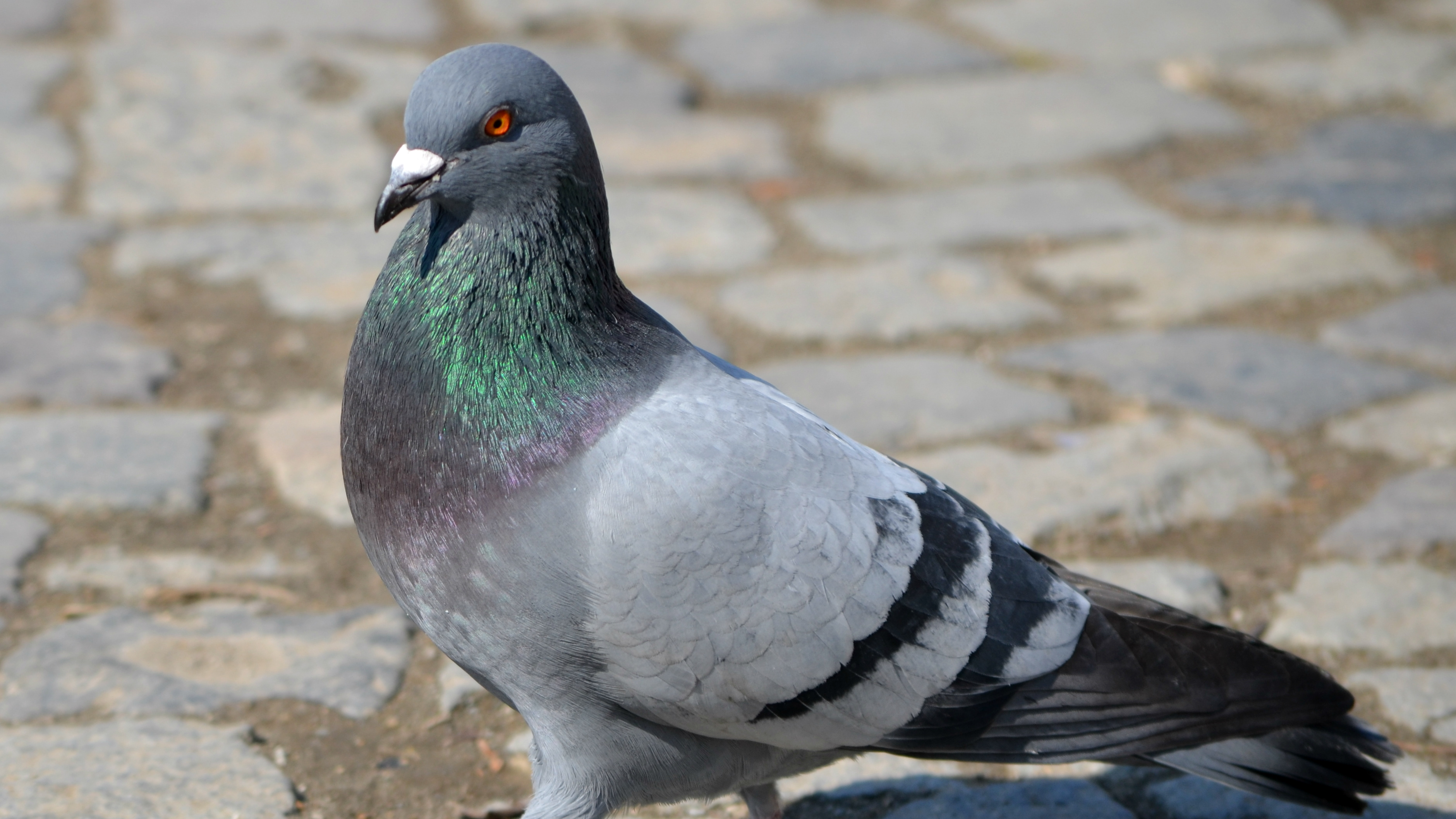
A free daily email with the biggest news stories of the day – and the best features from TheWeek.com
You are now subscribed
Your newsletter sign-up was successful
A full and independent review has been ordered into a flagship hospital in Glasgow after it was confirmed that a child patient’s death was linked to a fungal infection caused by exposure to pigeon droppings.
Announcing the probe, Scottish Health Secretary Jeane Freeman said that both the child and an elderly patient at the £842m Queen Elizabeth Hospital had died after contracting the infection, reports The Scotsman.
Freeman told the Scottish Parliament that the adult patient had died from an unrelated cause, but that the bacteria had been a “contributing factor” in the death of the child, in December.
The Week
Escape your echo chamber. Get the facts behind the news, plus analysis from multiple perspectives.

Sign up for The Week's Free Newsletters
From our morning news briefing to a weekly Good News Newsletter, get the best of The Week delivered directly to your inbox.
From our morning news briefing to a weekly Good News Newsletter, get the best of The Week delivered directly to your inbox.
A 12th-floor room that is not used by the public “was identified as a likely source and the droppings were removed”, says The Independent. Control measures have been put in place, although it is still unclear how the bacteria entered the ventilation system.
NHS Greater Glasgow and Clyde said medication to prevent potential infection had been administered to a small number of vulnerable patients at the hospital, which opened less than four years ago.
How dangerous are pigeon droppings?
Pigeon droppings contain a fungus called Cryptococcus that can cause infections in vulnerable people if inhaled.
A free daily email with the biggest news stories of the day – and the best features from TheWeek.com
The child who died at the Glasgow hospital had been exposed to the fungus. Most people will not become unwell as a result, but vulnerable people with already weakened immunity “can get very ill with a chest infection or meningitis”, reports the BBC.
Infectious diseases expert Professor Hugh Pennington told the broadcaster it is very unusual to see cases in the UK.
“It is common in other parts of the world, particularly tropical parts, in the US and countries like that where they have more problems with this particular kind of fungus. But in the UK, very uncommon,” he said.
“There are cases in people who have problems with their immune systems. They’re the people who are at risk with this kind of bug.”
Are there any other risks?
Breathing dust or water droplets containing contaminated bird droppings can lead to several other diseases including psittacosis and salmonella.
Psittacosis is a rare infectious disease caused by a bacterium called Chlamydia psittaci. Symptoms “are commonly a flu-like illness and pneumonia, usually appearing five to 19 days after exposure”, says the Health and Safety Executive. Salmonella - a bacterial infection that can cause diarrhoea - may also be present in some bird droppings.
Washing your hands after cleaning up bird droppings is strongly advised, and “if you have a compromised immune system, including from HIV/Aids or cancer, you should not clean up droppings”, adds the BBC.
-
 How the FCC’s ‘equal time’ rule works
How the FCC’s ‘equal time’ rule worksIn the Spotlight The law is at the heart of the Colbert-CBS conflict
-
 What is the endgame in the DHS shutdown?
What is the endgame in the DHS shutdown?Today’s Big Question Democrats want to rein in ICE’s immigration crackdown
-
 ‘Poor time management isn’t just an inconvenience’
‘Poor time management isn’t just an inconvenience’Instant Opinion Opinion, comment and editorials of the day
-
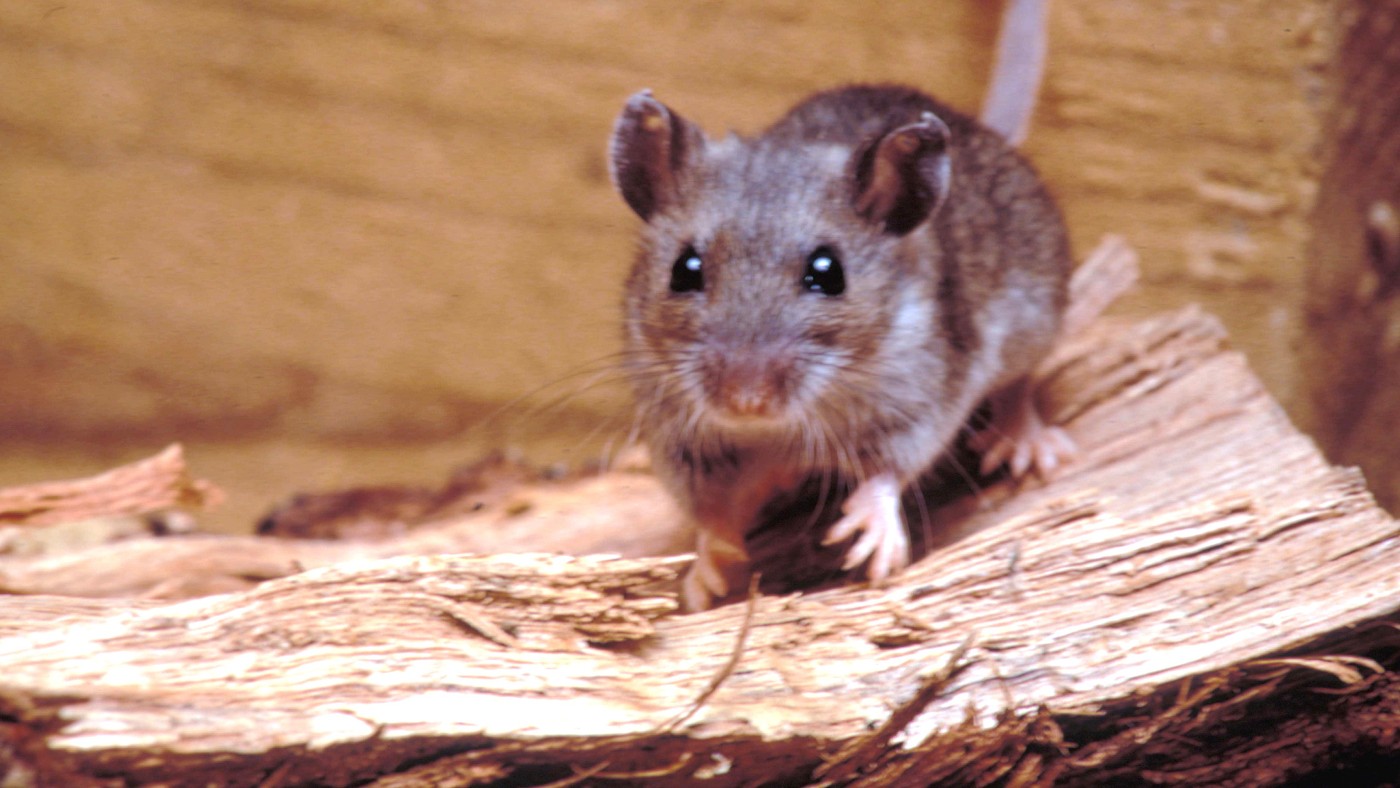 Mouse keeps tidying up man's shed
Mouse keeps tidying up man's shedTall Tales And other stories from the stranger side of life
-
 Mystic's 'terrifying' 2024 predictions
Mystic's 'terrifying' 2024 predictionsTall Tales And other stories from the stranger side of life
-
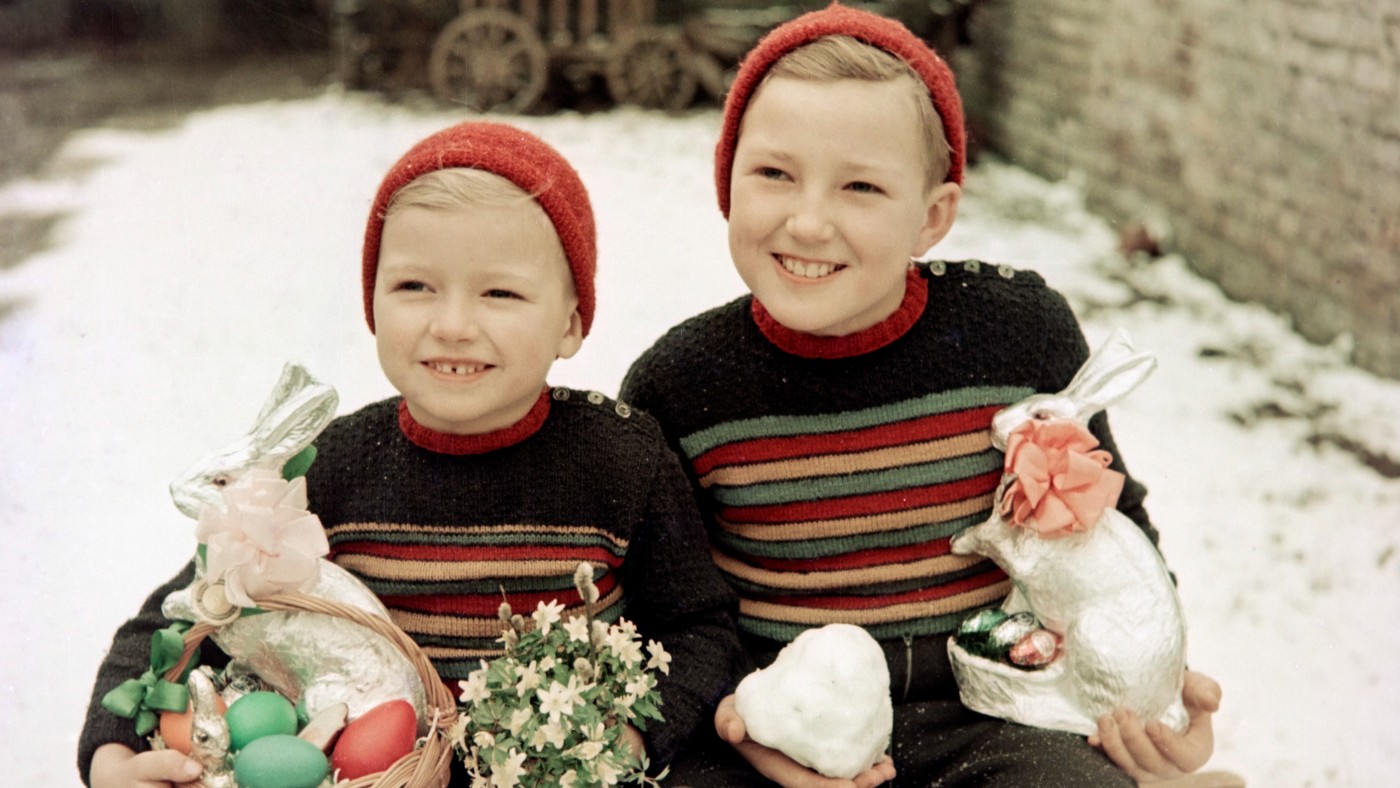 White Easter more likely than a white Christmas
White Easter more likely than a white ChristmasTall Tales And other stories from the stranger side of life
-
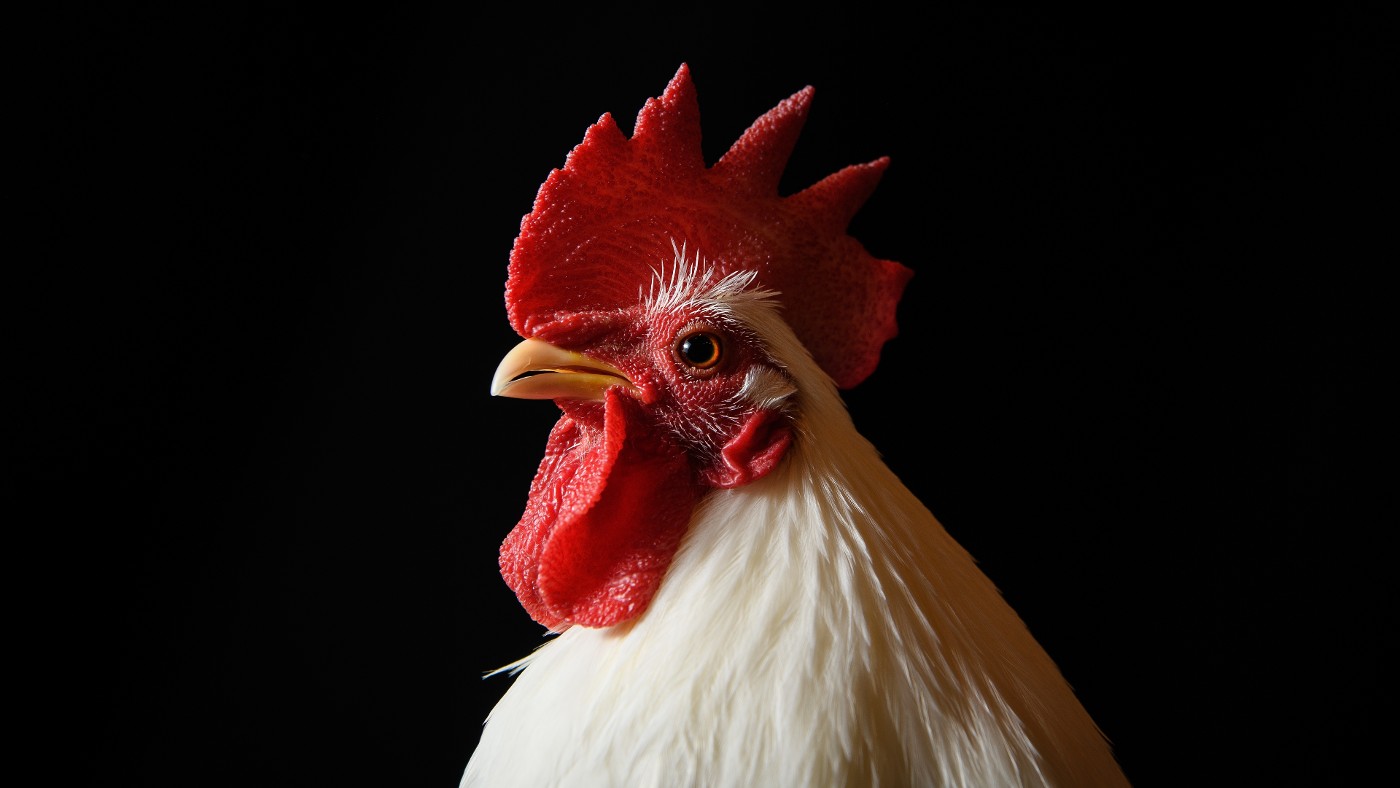 Middle-class chickens pampered at 'hotels'
Middle-class chickens pampered at 'hotels'Tall Tales And other stories from the stranger side of life
-
 The U.S. veterinarian shortage crisis
The U.S. veterinarian shortage crisisSpeed Read With an anticipated shortage of 15,000 vets by 2030, it will be harder to get care for pets
-
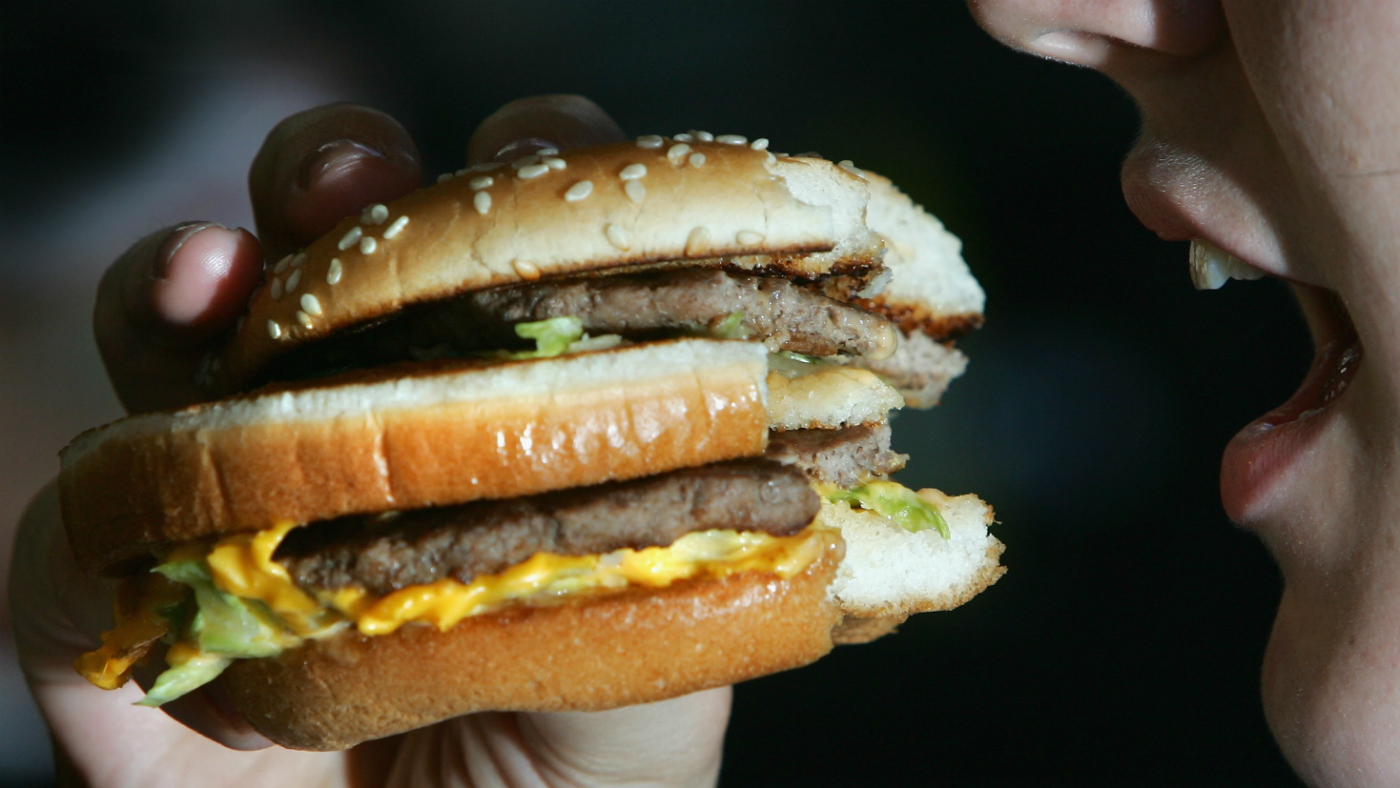 We will taste takeaways through phones by 2040
We will taste takeaways through phones by 2040feature And other stories from the stranger side of life
-
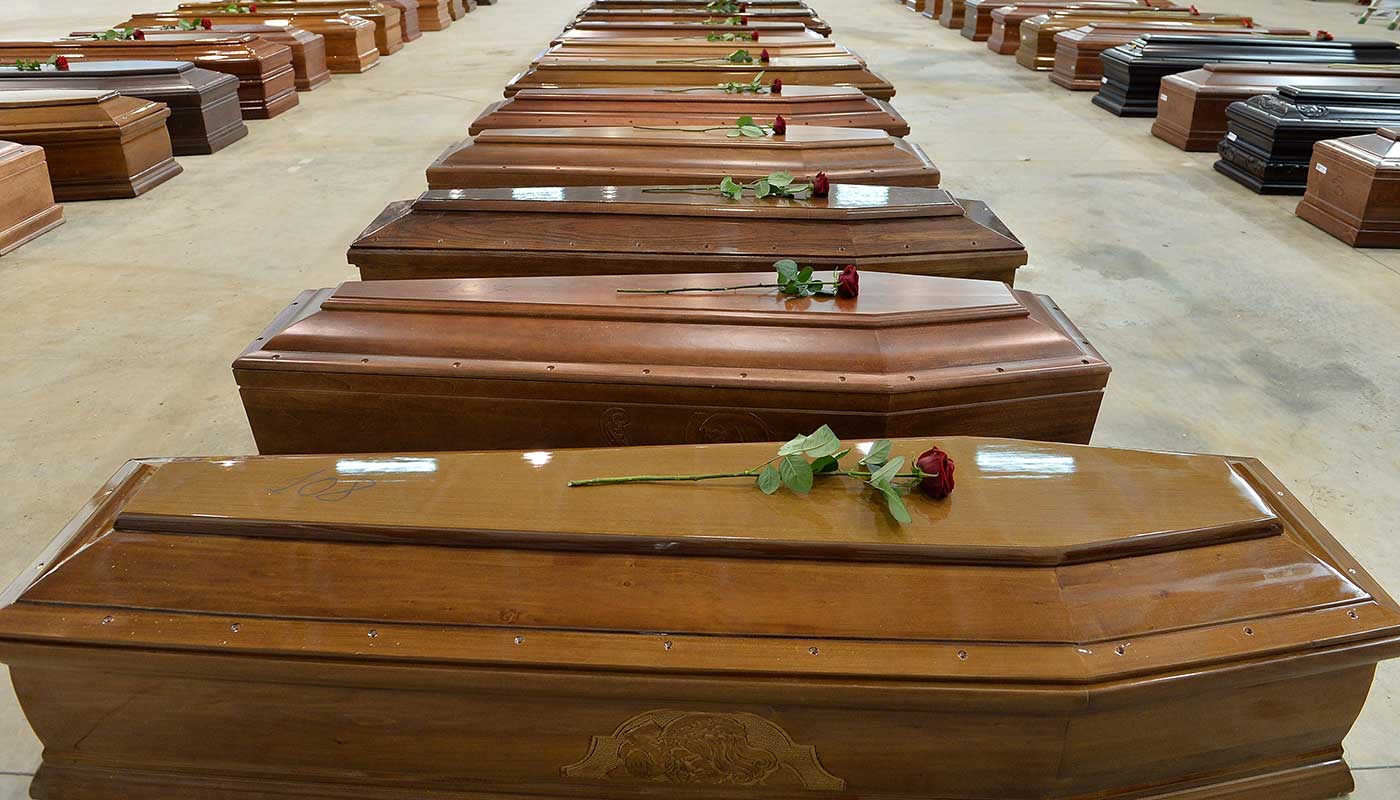 Woman dies days after knocking inside her coffin
Woman dies days after knocking inside her coffinfeature And other stories from the stranger side of life
-
 Controversy-stricken SeaWorld opens first park outside of United States
Controversy-stricken SeaWorld opens first park outside of United StatesSpeed Read